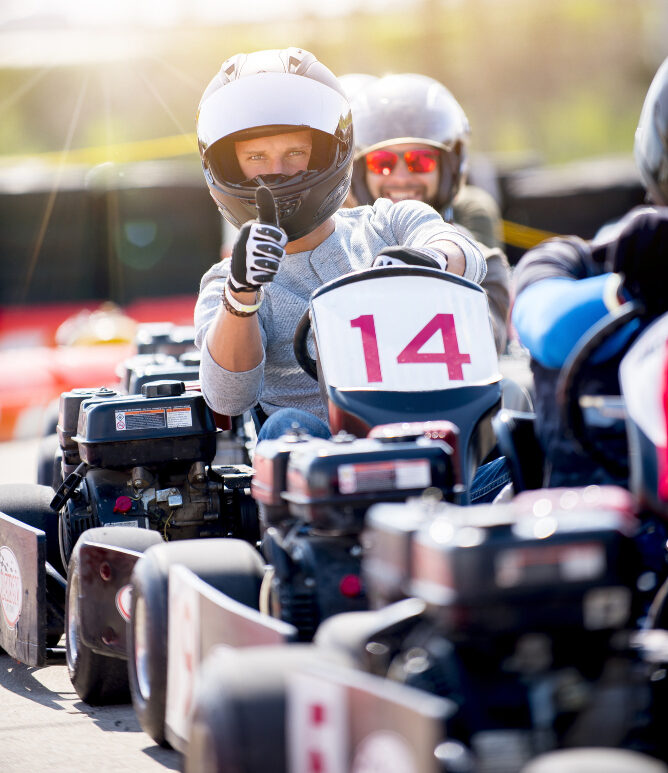Rally events not only bring thrilling competition but also serve as an important driver of tourism and local economies. Each rally event attracts participants, sponsors, media, and fans, all of whom require accommodations, food, transportation, and entertainment. This influx of visitors has a significant positive impact on the local hospitality industry, creating job opportunities and boosting the local economy.
For instance, events like the Rally Mexico bring thousands of spectators to picturesque regions, resulting in a surge of bookings for hotels, local restaurants, and service providers. Rally tourism also promotes the destination, as spectators get a chance to explore local landmarks, try regional cuisine, and learn about the culture. Rally organizers often collaborate with local authorities to ensure that the event benefits both the rally teams and the surrounding community. This blog can explore how rally events contribute to the local tourism industry and the long-term benefits for the host regions.
Accommodations
Rally teams, media personnel, sponsors, and spectators all need places to stay during an event. This translates to an uptick in hotel bookings, guesthouses, bed-and-breakfasts, and other accommodations. Rally organizers often work closely with local hotels to ensure enough capacity, and these bookings often extend beyond the event itself, as many visitors choose to stay for extended periods to explore the region.
Food and Beverage Industry
Local restaurants, cafes, and food trucks see a major increase in traffic as participants and spectators dine out before and after rally stages. Regional cuisine becomes a key draw for visitors, as they seek to experience authentic flavors while enjoying the event. Rally food markets and food vendors along the route also see increased sales, making it a win-win situation for both event organizers and local food suppliers.
Transportation and Travel Services
Visitors flocking to rally events often require transportation, whether it’s renting cars, buses, or shuttles. These services are in high demand, especially if the event is in a remote location. Taxis, ride-sharing services, and even chartered flights for high-profile teams and sponsors contribute further to the local economy. Rental agencies and tour companies benefit as rally attendees take the opportunity to explore the surrounding areas.

One of the most significant benefits of rally events is the exposure they give to the host destination. Global media coverage of these high-profile events showcases the region’s landscape, culture, and attractions to millions of people worldwide. For example, when the Rally Mexico takes place, the picturesque countryside, cultural landmarks, and colorful architecture of the region are featured prominently in broadcasts, attracting potential tourists from all over the globe.
Global Broadcast Reach
Rally events like the World Rally Championship (WRC) are broadcast to millions of viewers around the world. The race’s stunning backdrop of mountains, forests, deserts, or coastal regions are seen by viewers, sparking interest in the destination. This type of exposure is invaluable for a region looking to boost its profile on the global tourism map. As people see these events unfold in beautiful, exotic locations, many are inspired to visit those places themselves.
Destination Marketing and Tourism Campaigns
Rally organizers often collaborate with local tourism boards to market the event as part of a broader tourism campaign. These campaigns may highlight not only the rally but also the region’s history, outdoor activities, cultural attractions, and hospitality.
Tourists who come for the rally may extend their stay to enjoy the area’s natural beauty or explore cultural hotspots like museums, markets, and local festivals. The rally event thus acts as a gateway to broader tourism, bringing more visitors who may not have initially considered the region as a travel destination.
